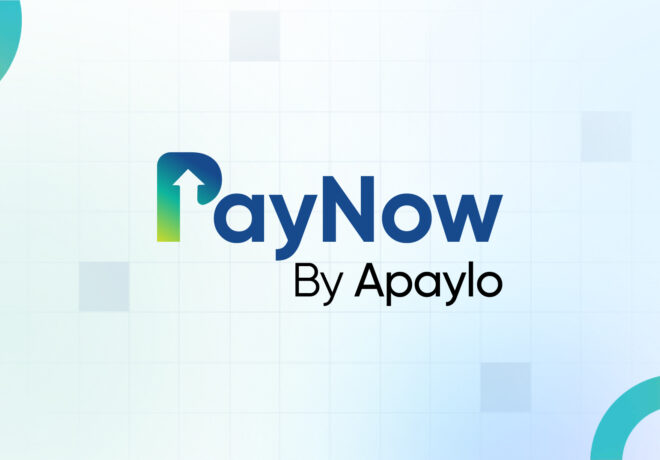DeFi is a unique new term that you may have heard with increased frequency over the past couple years- especially since 2018. Short for Decentralized Finance, it refers to a financial ecosystem- built with blockchain- that varies from traditional banking in the sense it is not managed by a central governing body. You must be thinking: why would anyone want such a system?
A desire for change in the traditional banking system was the catalyst that eventually led to the formation of DeFi (#DeFi). Starting with 2008’s financial crisis, the public saw first-hand how at risk even some established banks were – resulting in mismanagement of client’s assets; selling financial products such as collateralized debt obligations and mortgage default swaps– which essentially saw some respected financial institutions placing bets that their clients would default on their debts!
With changing market conditions, there was an ever-increasing demand for an alternative system that gives people more control over their deposits and investments. The fundamental principles of decentralized banking have instilled the belief that clients may be less likely to become victims of a financial crisis and lose their assets due to mismanagement on the part of their banking institution.
DeFi may be the way of the future. The main aim of DeFi is to create a financial service ecosystem that is open-source, permissionless, and fully transparent; while lacking a central authority. It is believed that this would give users more control over their assets and the ability to interact within the ecosystem through decentralized applications (known as dApps). dApps run on smart contracts, which ensures that they can fully function without the slightest bit of human intervention.
Smart contracts have the ability to self-execute and their terms and conditions are written into lines of code on the blockchain network. In the DeFi world, they act to enforce the obligations of all parties and ensure credible transactions are processed without the need for (human) middlemen. Smart contracts keep the process running smoothly, free of conflicts. Plus, they can also facilitate cross-border transactions.
Blockchain technology is the driving force behind this entire system. We have extensively covered the virtues of blockchain in several past blogs: https://www.apaylo.com/post/cryptocurrency-101-a-basic-introduction.
In DeFi, the blockchain technology is the decentralized ledger that keeps track of all transactions in a public and transparent manner. The ledger cannot be corrupted or changed in any way- closing the door on traditional financial scams.
It is clear that with the rise of blockchain technology- in tandem with the proliferation and popularity of cryptocurrencies- that we are now seeing this decentralized technology increasingly being applied to other areas of our lives. The future certainly has never looked better in terms of having a self-sustaining banking system with all the appropriate checks and balances in place- AND without any human intervention!
For more info (and some great visuals too): https://www.visualcapitalist.com/decentralized-finance/






